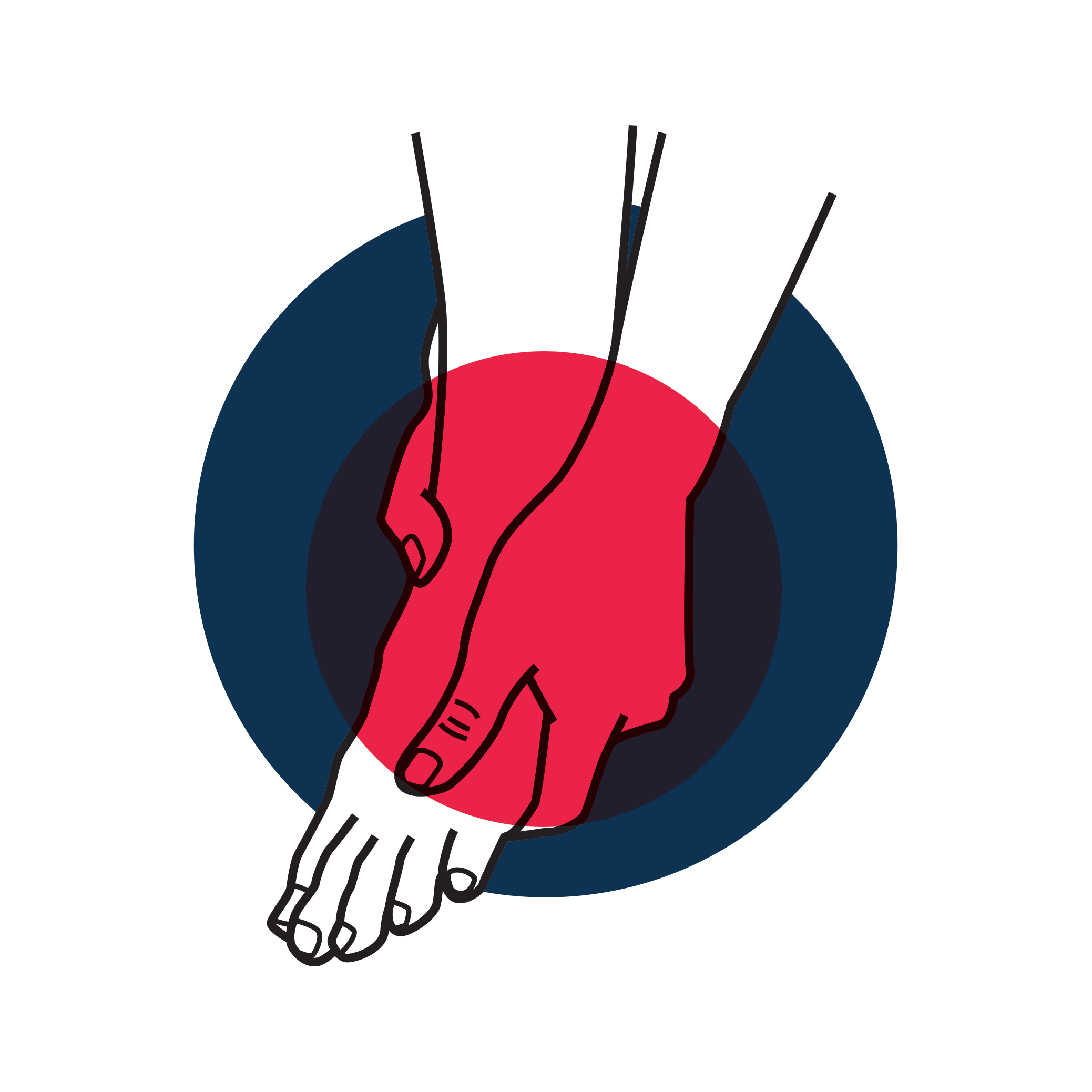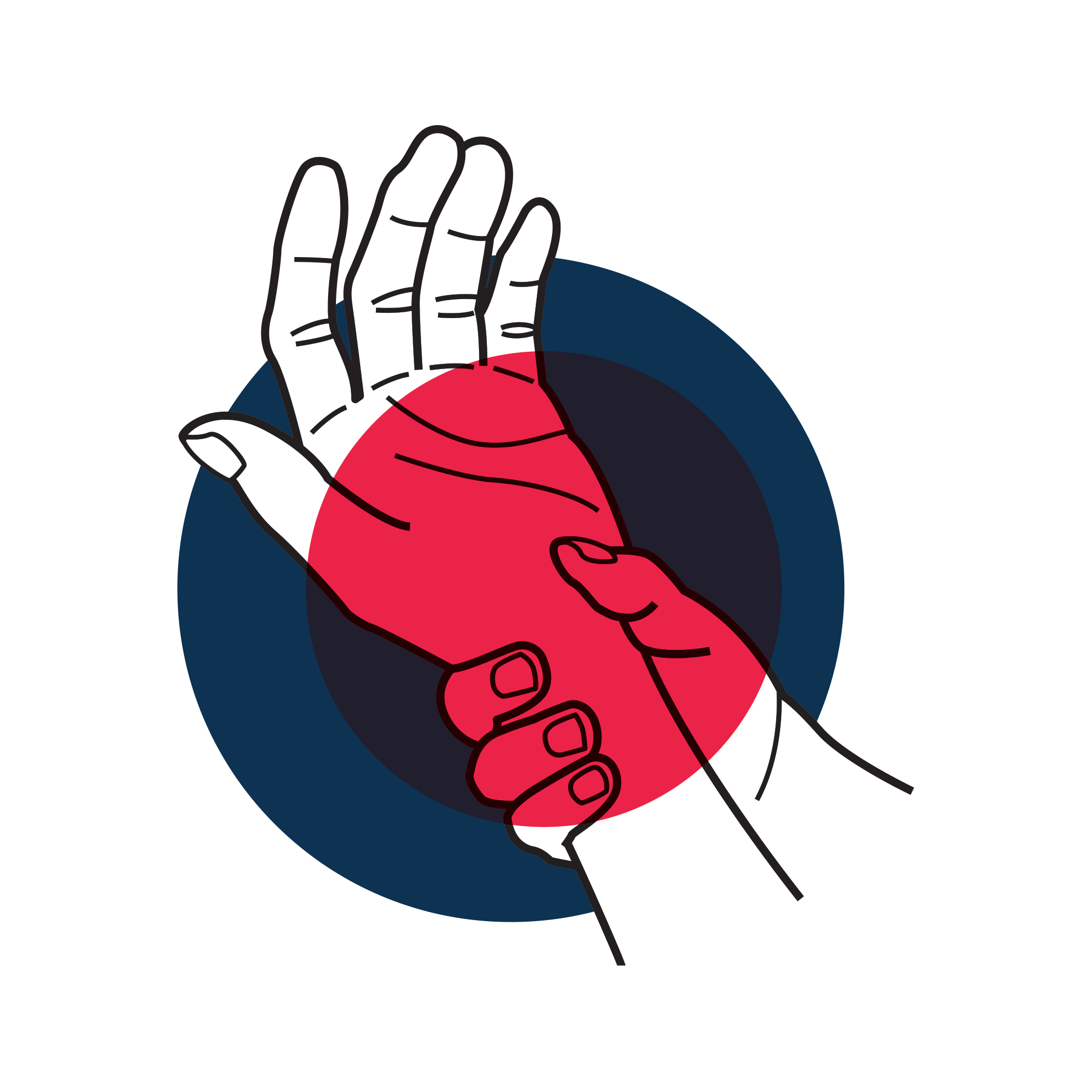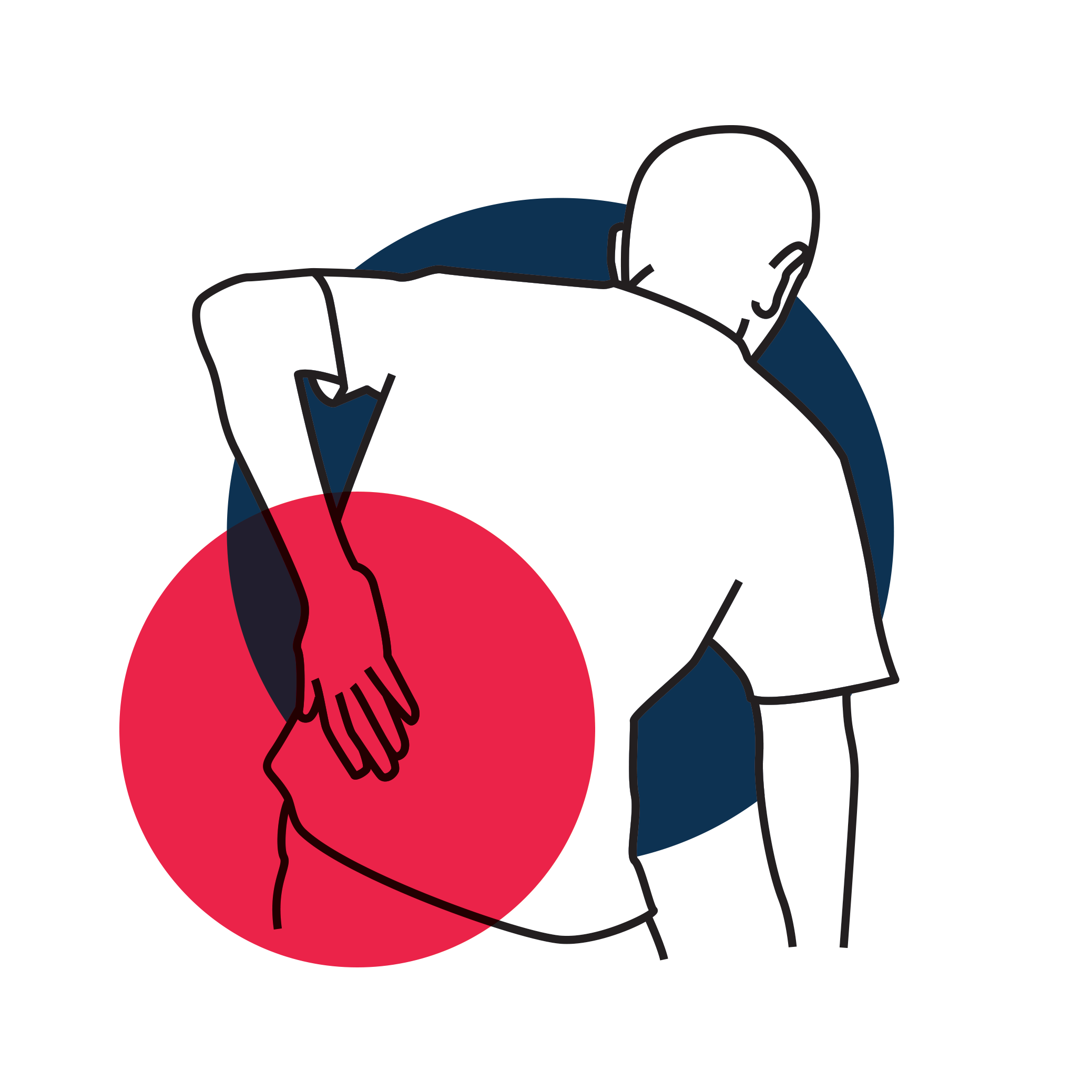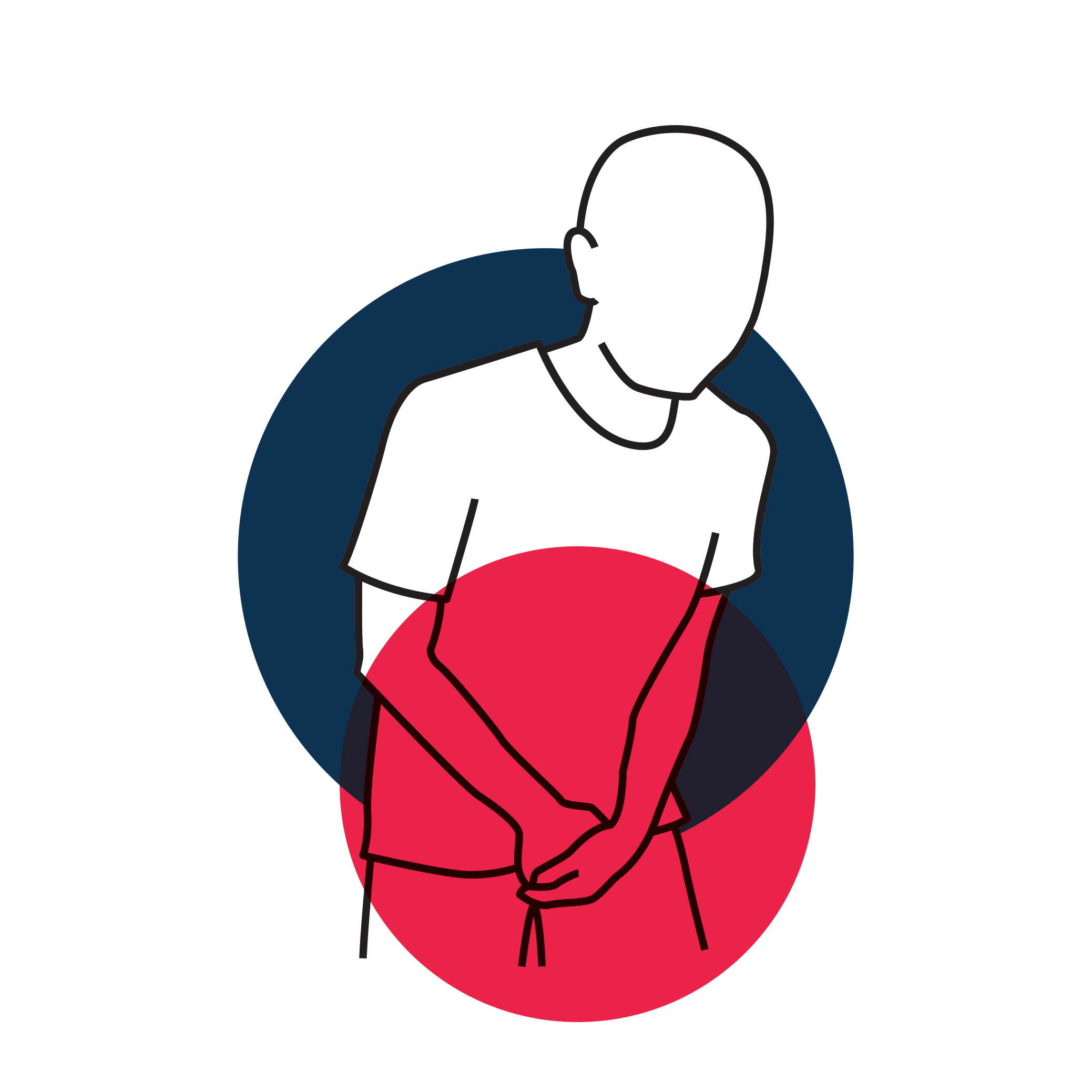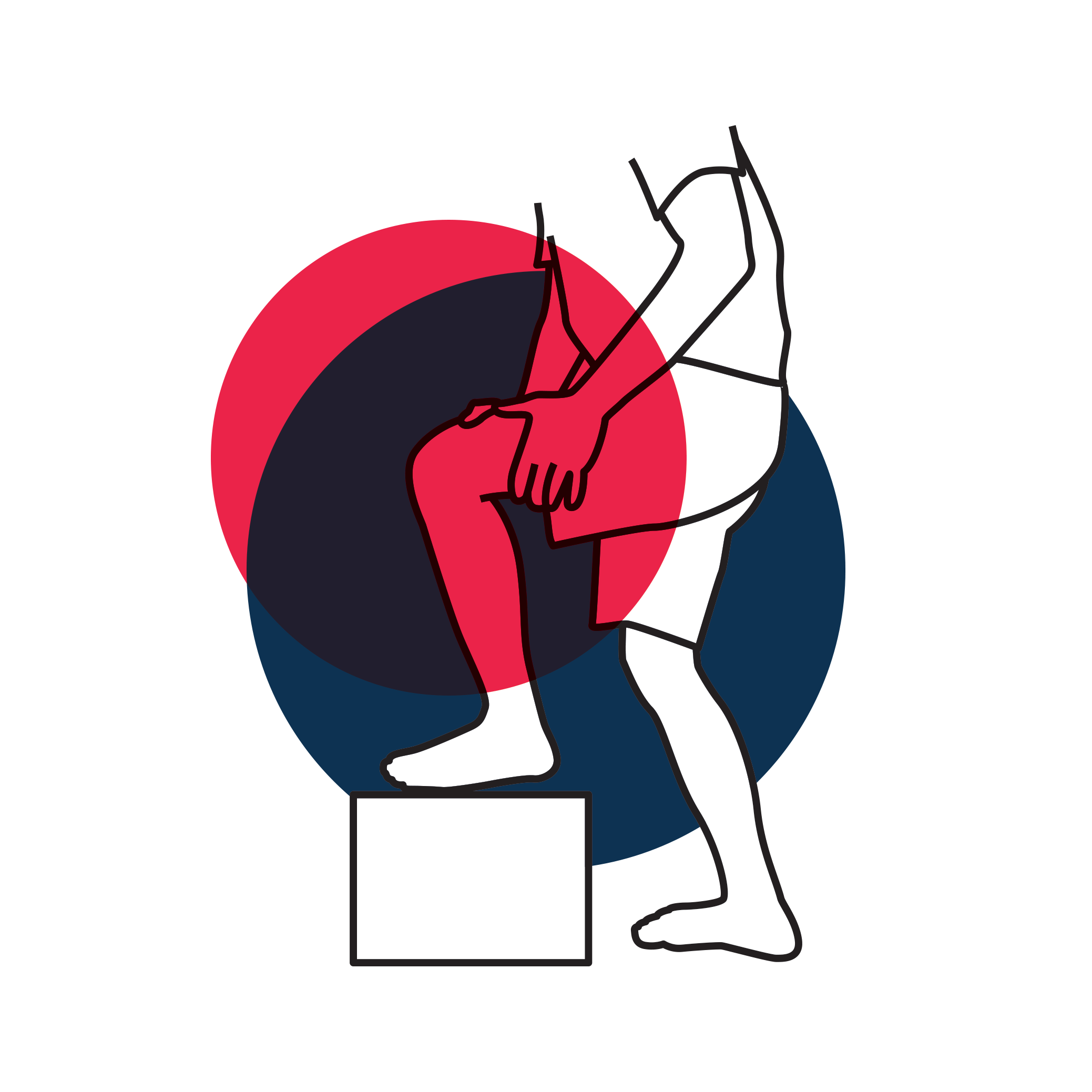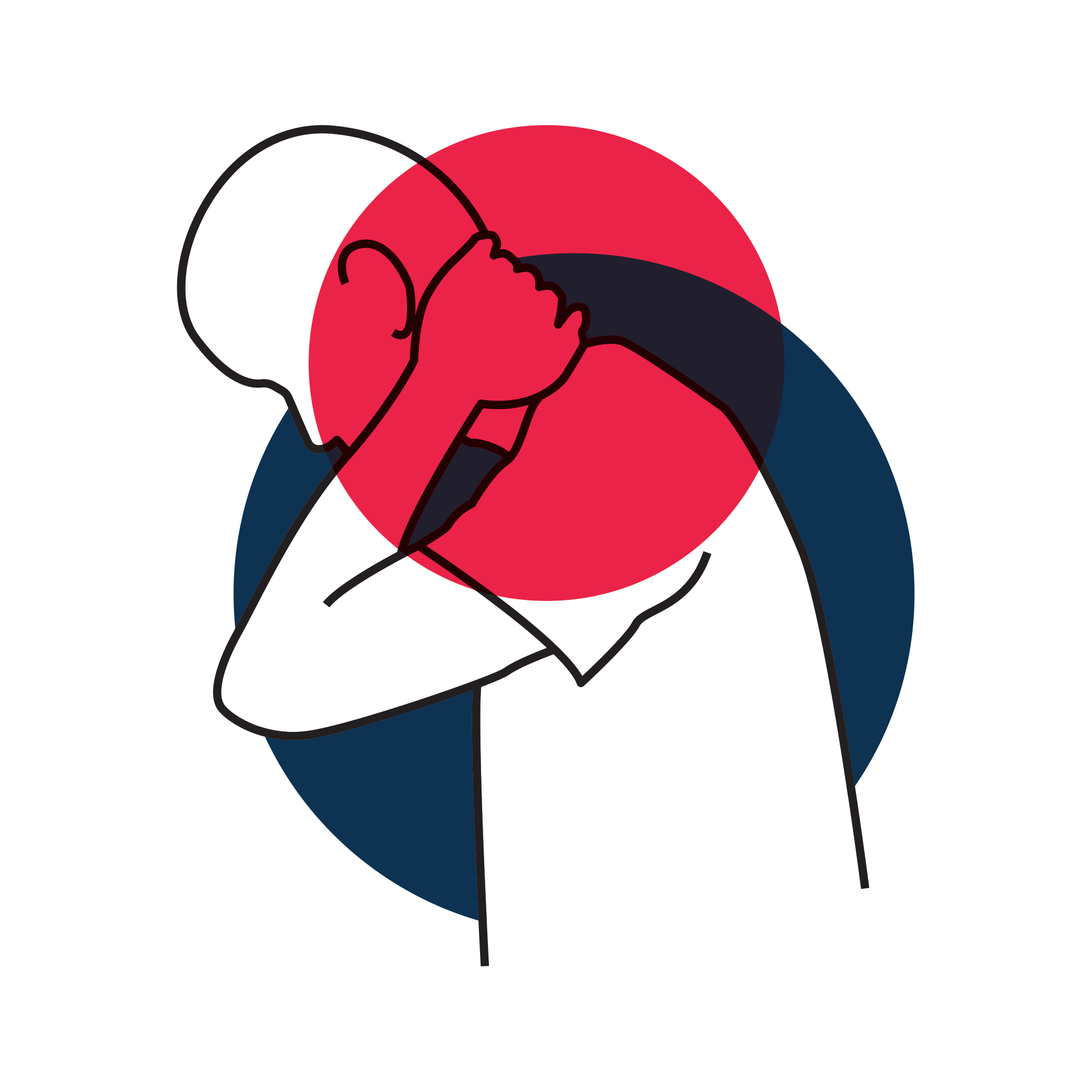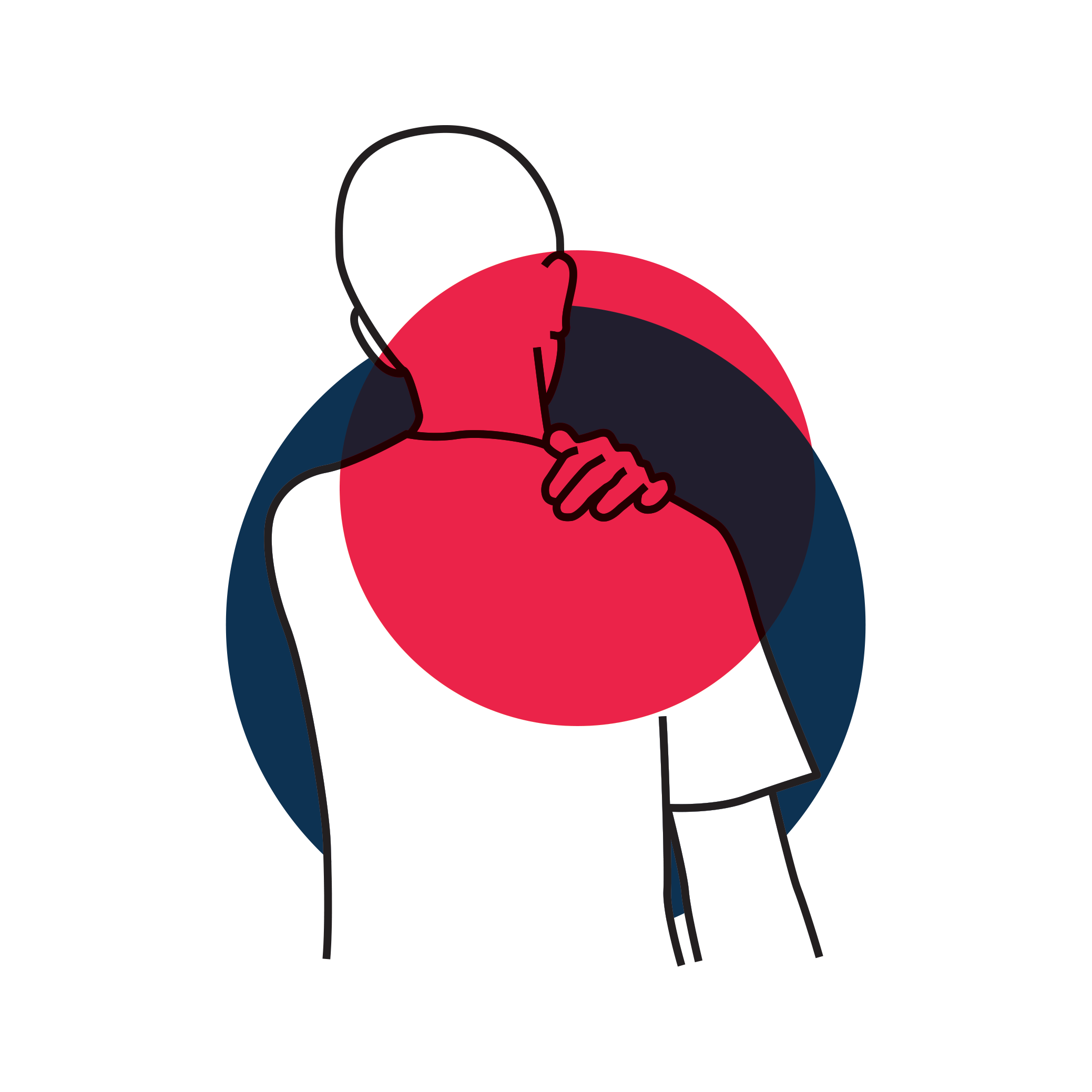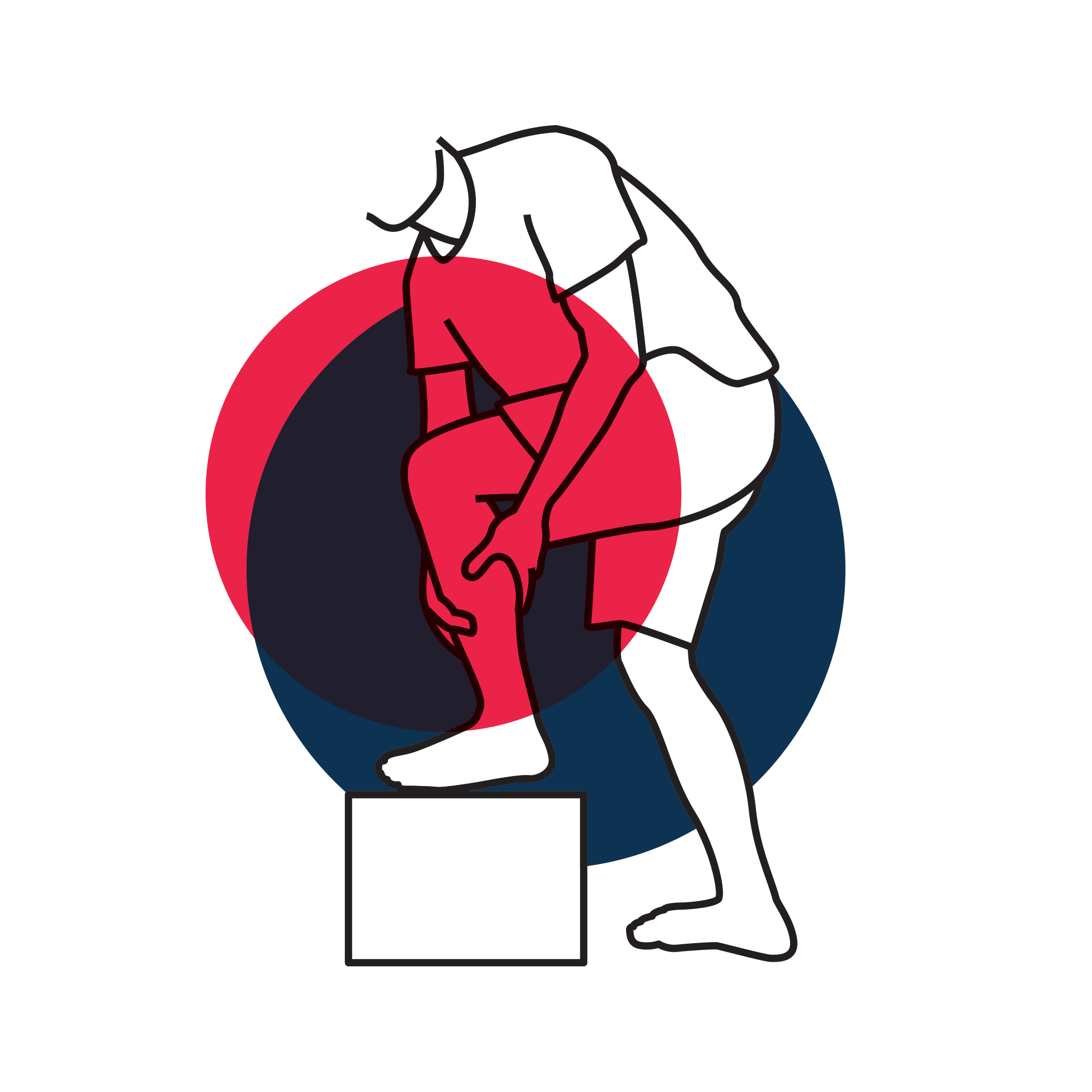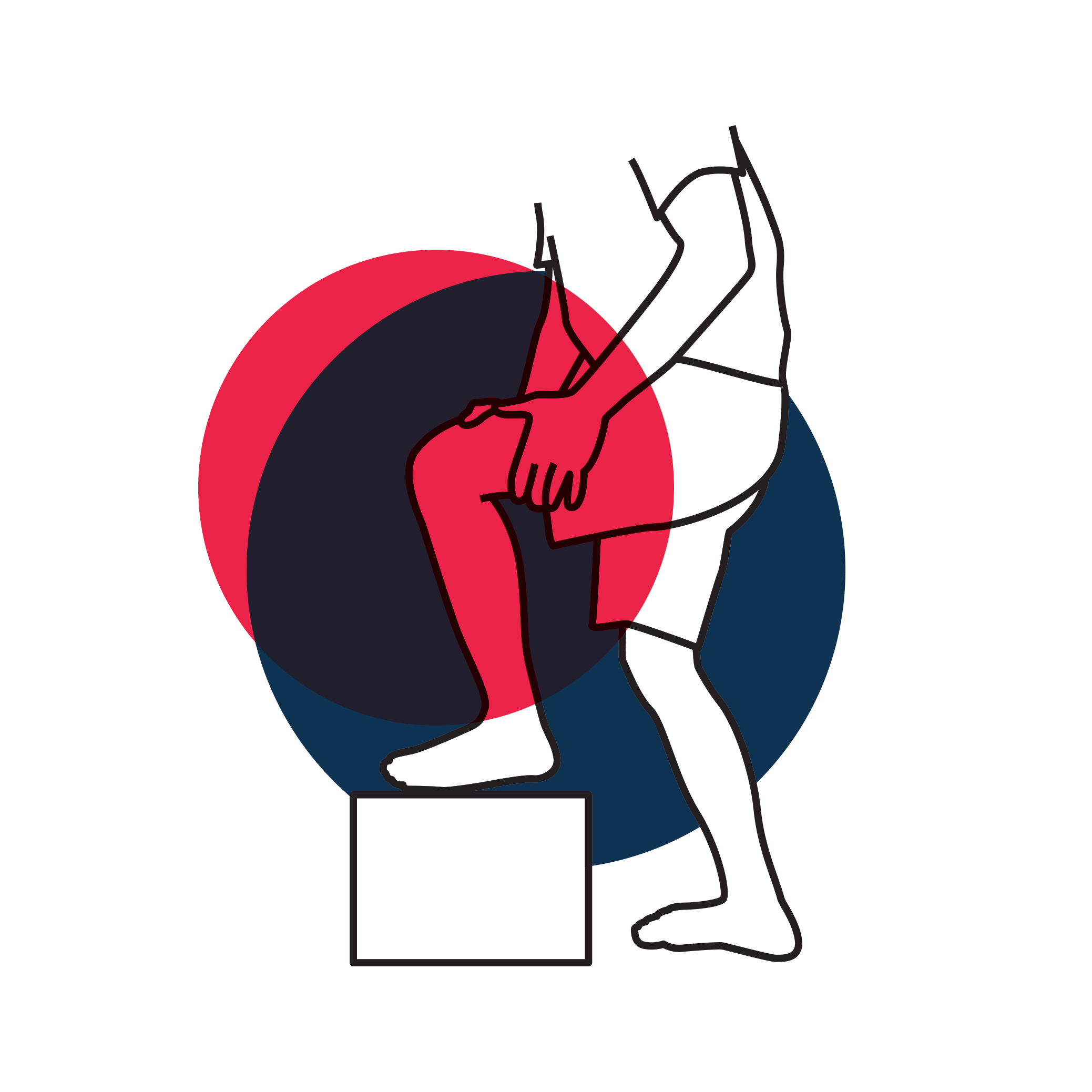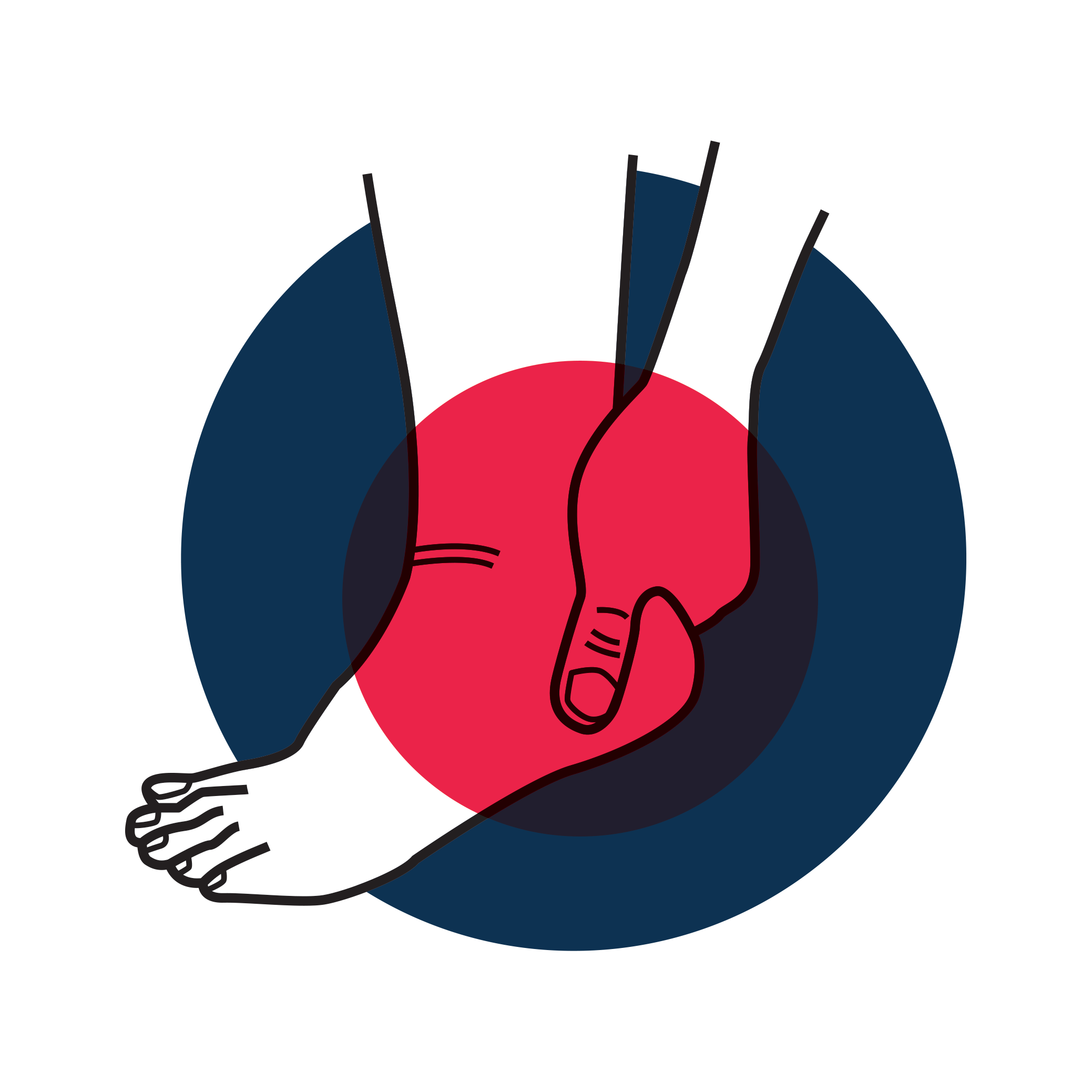We see it all the time in clinic. People walking in holding themselves like they’re made of glass, unsure if they should sit, stand, or just hover awkwardly in mid-air. The good news? There are simple ways to take the edge off day-to-day—and most don’t require fancy equipment or yoga-level flexibility.
1. Heat or Ice?
Both can work wonders, depending on what’s going on. If your back feels stiff, tight, or achy—heat is your best friend. A hot water bottle, wheat bag, or microwavable heat pack can help loosen muscles and ease discomfort.
But if the pain is sudden, sharp, or you’ve recently overdone it, ice is a better shout. Cold helps reduce inflammation and dulls nerve signals. Apply it for 15–20 minutes with a cloth in between—never directly on skin (unless you’re also after a frostbite appointment).
2. Keep It Moving – But Don’t Overdo It
The old advice of total rest is pretty outdated. Resting for too long can make your back stiffer and delay recovery. That doesn’t mean you need to go run a 10K—but short walks, gentle stretches, or even pottering about the house can really help.
Motion is lotion for your spine. A few minutes every hour is far better than staying still for three. The trick is consistency—just enough movement to stay loose without pushing into pain.
3. Pain Relief Is OK
We hear this a lot: “I’m trying not to take anything.” That’s fair, but using paracetamol or ibuprofen (if safe for you) can be a useful short-term tool to help you move, sleep, or get through the day. Don’t feel guilty for managing your pain—it’s not weakness, it’s common sense.
If you’re unsure what’s safe for your medical history, have a quick chat with a pharmacist or GP before popping the tablets.
4. Watch Your Posture (Without Becoming a Robot)
We’re not here to posture-police you—but slumping over a laptop or sofa for hours won’t do your back any favours. That said, trying to sit bolt upright like you’re balancing a book on your head isn’t great either.
Find a happy medium—relaxed but upright. Try popping a rolled towel or cushion behind your lower back for support. Keep your feet flat and your screen at eye level if you’re working. It doesn’t have to be perfect—just better.
5. Know When to Get Help
If your back pain isn’t budging after a week or two, shoots down your leg, or keeps waking you up at night—it’s time to see someone. Likewise, if it’s interfering with work, driving, or just everyday life, don’t wait for it to magically disappear.
That’s where we come in. At YourPhysio, we take time to figure out what’s really going on. We look at how you move, what might be contributing to your pain, and build a plan that fits around *you*—not just your back.
You Don’t Have to Struggle On
Back pain can be frustrating, draining, and at times a bit scary—but it’s also very treatable. We’re here to help you understand it, manage it, and move on from it.
If your back’s been giving you grief and you’re ready to do something about it, give us a ring on 01673 828 707, text 07803 903 613, or email james@yourphysio.co.
Let’s get you back to feeling strong, steady, and moving with confidence again.



